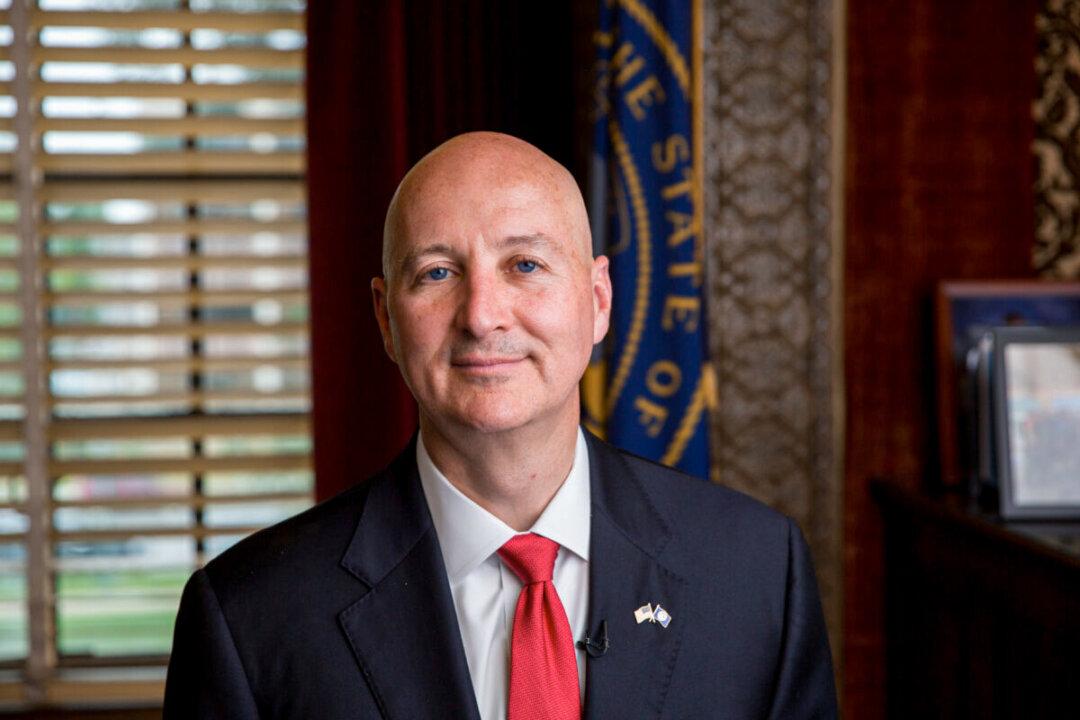Nebraska Gov. Pete Ricketts on Monday canceled a proposed special session of the state legislature intended to reduce the current abortion ban from 20 weeks to 12 weeks.
Ricketts’s decision came after Speaker of the Legislature Mike Hilgers indicated in a letter that an insufficient number of state senators would vote to amend Nebraska’s abortion laws.





